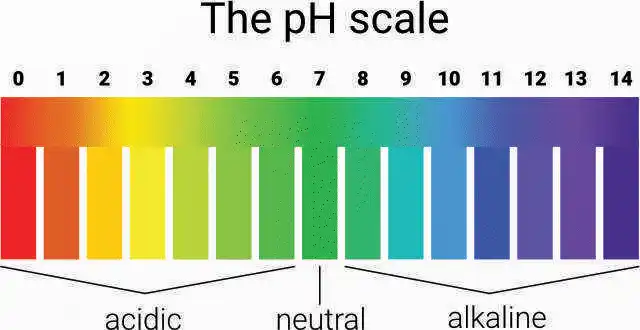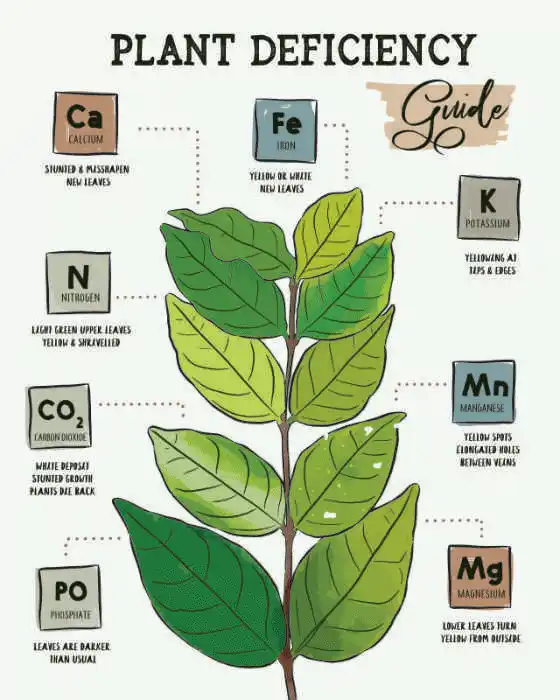Soil is a critical part of successful gardening. It is the foundation of your garden and one of the three key factors in successful gardening, the other two are sun and water.
The ideal soil or the holy grail of soil is to have loamy soil.
This post may contain affiliate links. Please read our disclosure policies. If you purchase after clicking an affiliate link, we may receive small commission at no cost to you. As an Amazon Associate, I earn from qualifying purchases. All opinions remain our own.
What is Loamy Soil? The Ideal Soil
For many plants, loamy soil is the ideal soil. Loamy soil is equal parts of the following: clay, sand, and silt.
Clay Soil
Clay soil holds the most moisture, so it can feel sticky and easily compresses. This type of soil helps roots attach securely in the ground. Of the three types of soil clay soil particles are the smallest.
Sandy Soil
Sand soil is gritty when wet and will not maintain it’s shape when rolled. This type of soil drains fast and is easy to work with. Of the three types of soil, sandy soil particles are the largest. It lacks nutrients that the other soil types provide.
Silt Soil
Silt soil is muddy when wet. This type of soil retains water and has more nutrients than the other two soils. Of the three types of soil, silt soil particles fall in between particle sizes of clay and sand.
So just what is in Phoenix desert soil?
Phoenix soil is heavy. When tilling up the ground you may find dense clay, rocks, and sand. Underneath the rocky clay soil you may also find caliche.
Caliche soil is common in the Southwest. Calcium carbonate cements this type of soil together. Caliche is so hard it is used in construction projects and in the manufacturing of cement.
Plants require well-draining soil. Soil in Phoenix has a composition which can make soil aeration more difficult.
Phoenix Garden Soil: Common Soil Problems & How to Fix them
As you can imagine, the composition of soil in Phoenix can be a challenge for gardening. However, if you are transplanting or growing native plants they can thrive in our Arizona desert soil and will not need amendments.
Some problems that can arise include
- Inadequate soil drainage
- Plant growth stunted
- Difficult excavation
- Lack of nutrients specifically Nitrogen, Phosphorus, and Iron.
Importance of Soil Drainage
Understandably this compact composition prevents soil from aerating. Well-draining aerated soil allows air to circulate. Well-drained soil provides oxygen to the plant.
How can you fix this problem?
Organic matter added to your soil improves soil drainage. You can also add Perlite and mix in your soil.
What You Need to Know About pH
The soil in Phoenix is less than ideal for growing a garden. Phoenix soil is alkaline. It is usually in the pH range of 7-8. The average or “normal” pH level in the low desert is 7.5.
What does this mean for your garden?
Soil pH levels refers to how acidic or how alkaline soil is. A pH level below 7 is acidic and pH above 7 is alkaline. The most favorable pH range for plants is between of 6 and 7.

Soil with high alkalinity or acidity levels means you’ll most likely need to amend the soil used in your garden.
If you would like to test your soil’s pH levels there are tools such as a soil pH meter, or soil test strips such as Garden Tutor Soil pH Test Kit.
What You Need to Know About Salinity?
Soil that has high levels of salt is considered saline soil. This is usually found in areas of high temperatures and low precipitation levels. Salt has a tendency to accumulate in desert soil because there isn’t enough rain to push salt to the roots of plants.
How to fix this?
To combat this water plants and trees deeply, this is called leaching. Leaching can help push the salts to the roots. Amend your soil to improve drainage.
Excavating Landscape
Due to the soil conditioning tilling a garden or planting a tree can be more difficult in Phoenix. Sometimes you will need a pick ax to break up the ground.
Don’t forget to check with Arizona 811 before you dig. You don’t want to accidentally hit an underground utility line.
Raised gardening can help mitigate problems associated with excavating soil.
Nutrients Lacking in Phoenix Soil
Similar to people, plants need nutrients to survive.
Phoenix soil makes it difficult for plants to obtain water. It is also lacking in three main nutrients needed for healthy plant growth:
- nitrogen
- phosphorus
- iron.
Typically you will see stunted plant growth and yellowing of the leaves if your plants are not getting the nutrients they need.
What Do Nutrients Provide Plants?
Nitrogen
Nitrogen is important for your plant’s protein production. A lack of nitrogen can stunt a plant’s growth.
Phosphorus
Plants need phosphorus to transfer energy such as needed in cell division. Phosphorus encourages root growth.
Iron
Chlorophyll is what makes the leaves turn green and it is an important part of the photosynthesis process. Without iron your plant will not be able to synthesize chlorophyll.
Other Nutrients
Other nutrients needed for plants to flourish are magnesium, manganese, potassium, calcium, and carbon dioxide.
How to Amend & Fertilize Phoenix Garden Soil
Amending your Phoenix soil is how you can improve the soil texture. Adding fertilizer is how you can directly improve plant growth. Fertilizer adds nutrients. Soil amendments can help improve the soil, so your plants can utilize the fertilizer.
Nitrogen stunts growth. You will want to amend the soil with stuff that increases your soil’s nitrogen.
Amending your Phoenix gardening soil is vital for healthy plant growth. Some of the best things to add to your soil includes:
- Compost
- Manure
- Coffee grounds
- Bone Meal
- Iron Chelate
- Fish Emulsion
Manure, compost, bone meal, and iron chelate adds iron to the soil. Iron chelate can be in liquid form , powder or granular form.
Fish emulsion increases nitrogen, phosphorus, and potassium.
Why Soil is Critical to the Success of Your Garden
Your garden soil is similar to the foundation of a house. It is where your plant’s call home. Create a nutrient-rich environment and your plants will reward you with some lovely flowers, tasty vegetables, herbs, and fruit.
For more helpful tips visit: Gardening 101: Helpful Tips for Your Garden to Thrive





